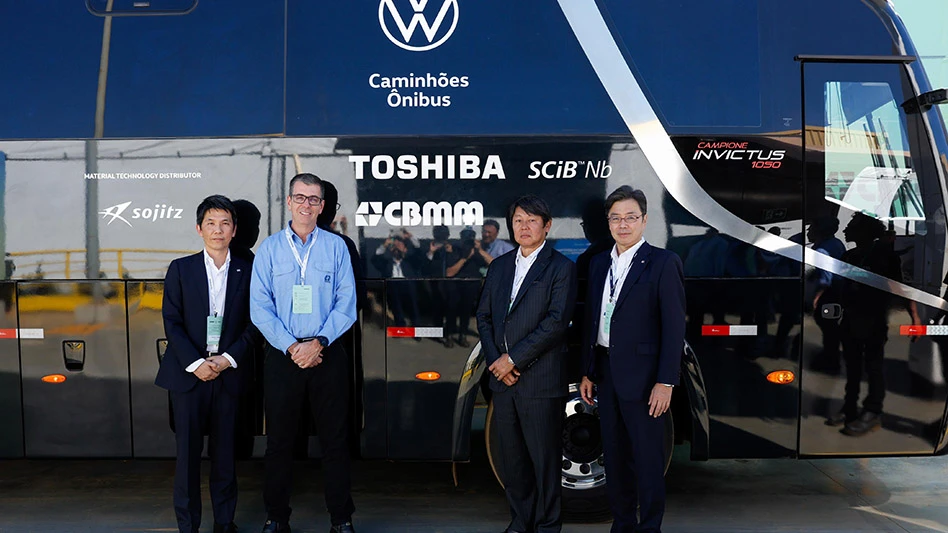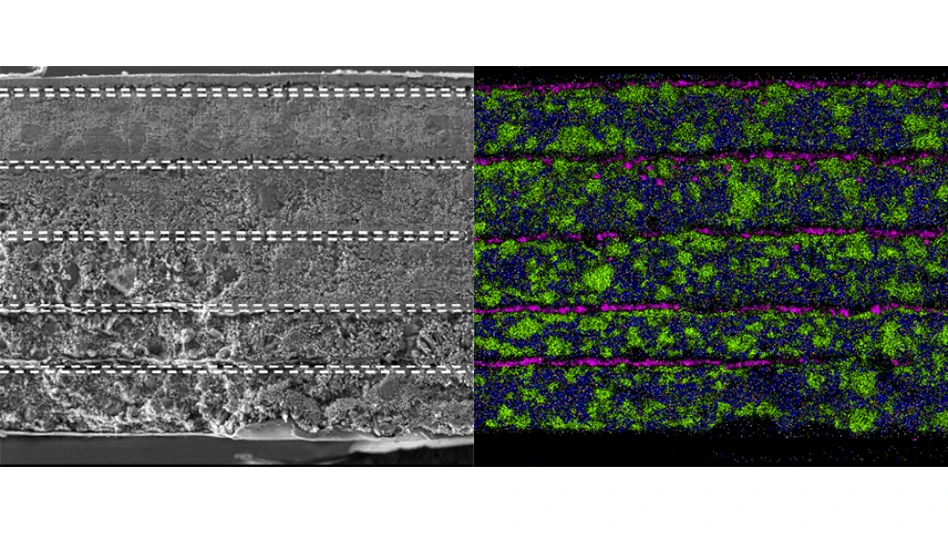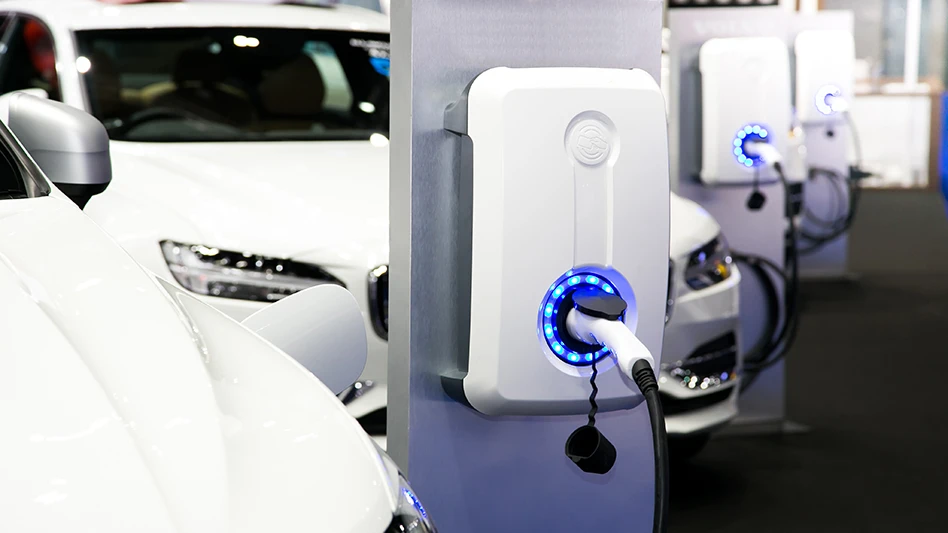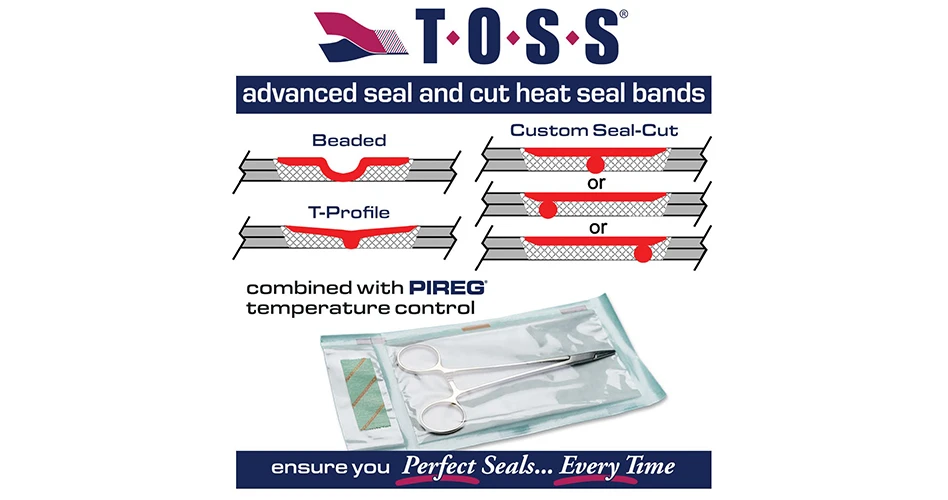
CREDIT: BUSINESS WIRE
Toshiba Corporation and Sojitz Corporation of Japan, and Brazil’s CBMM, the world’s leading producer of niobium, have completed development of a next-generation lithium-ion battery that uses niobium titanium oxide (NTO) in the anode. They recently held an opening ceremony and unveiled a prototype E-bus powered with the new battery, which realizes an ultra-fast charge time of around 10 minutes and delivers high energy density. The bus has started testing and demonstration operations at CBMM’s industrial plant in Araxá, Brazil.
This marks the world’s first operation of a prototype e-vehicle powered by a lithium-ion battery with NTO anodes, further paving the way to battery commercialization. The three companies will continue to work together to maximize the use of their respective technologies and knowledge, toward launching the next-generation lithium-ion battery with NTO anode in the global market in Spring 2025.
The NTO battery-powered E-bus was developed by Volkswagen Truck & Bus, Brazil, a pioneer in the development and mass production of electric trucks in Latin America. The prototype will also be tested at CBMM’s industrial plant to provide invaluable data on the characteristics of the NTO battery and vehicle operation data, and support any adjustments needed for commercialization.
NTO has twice the theoretical volume density of the graphite-based anode generally used in lithium-ion batteries, which prompted the three companies to sign a joint agreement to explore its potential in June 2018. They subsequently signed a joint development agreement in September 2021 that extended their collaboration to mass production processes of next-generation batteries, mainly targeting application in commercial e-vehicles. In August 2023, the three companies entered into a broad joint sales and marketing agreement that covered building a supply chain and promoting sales and marketing activities, and subsequently, in May this year, at a ceremony attended by representatives of the Brazilian and Japanese governments, they signed a memorandum of understanding on strengthening the supply chain and business promotion.
Toshihiko Takaoka, vice president of the Battery Division at Toshiba Corporation, says, “I am very pleased to see an E-bus equipped with our NTO battery, SCiB Nb. In partnership with CBMM and Sojitz, Toshiba has implemented the practical use of niobium in battery material applications with the development of an NTO battery that recharges quickly and delivers high energy density. We will continue the development work to expand our SCiB battery lineup and business.”
Koichi Yamaguchi, senior managing executive officer and president & CEO for the Americas of Sojitz Corporation, says, “Sojitz, as one of CBMM's shareholders and CBMM's sole agent for the Japanese market, has been building a stable raw material supply system and cultivating applications. Through this demonstration, we are very confident that the NTO battery brings the market a new solution for the electrification of the mobilities and other applications. Taking advantage of our global sales networks and an operational presence in a wide range of industries, we, Sojitz, will play major roles in the project with regards to supply chain management as well as accelerating business development including sales activities.”
Rogério Ribas, technical head of Battery Program at CBMM, says, “The use of niobium oxide in the anode of lithium-ion batteries brings special characteristics for this component. As it hosts lithium at an inherently stable voltage, it provides safer and more efficient operation. In addition, due to its open crystalline structure, which facilitates the intercalation of lithium, it allows a full recharge in less than 10 minutes, without causing damage to the battery. Due to these unique characteristics, niobium-containing batteries are safer and have a much longer lifespan than traditional batteries.”
Latest from EV Design & Manufacturing
- Industry leaders partner to deliver load management, smart charging and energy solutions
- Anti-vandalism systems designed to increase electric vehicle charging station security
- GM selects Vianode as anode graphite supplier for electric vehicle batteries
- AMADA WELD TECH introduces blue laser technology into micro welding portfolio
- Despite hurdles, consumer interest in electric vehicles is rising
- Vehicle-to-grid charging technology expanded with new product line
- In-line CT delivers real-time quality feedback on the production line
- Join our editors for a look at the manufacturing industry in 2025





